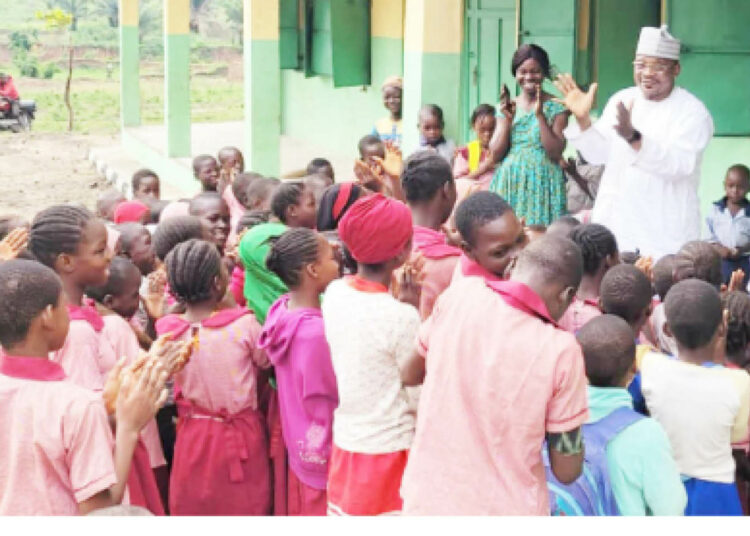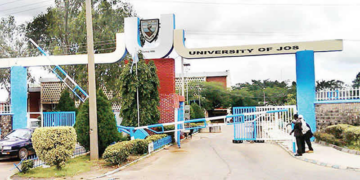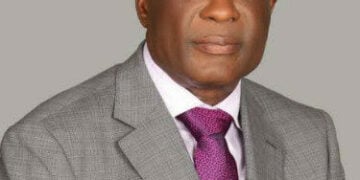The public primary education system in the Federal Capital Territory (FCT) is now in a state of prolonged paralysis, following an industrial action by primary school teachers that has dragged on for more than two months.
At the heart of the strike is a long-standing dispute over the non-implementation of the New National Minimum Wage by the six Area Councils that oversee the Local Education Authorities (LEAs).
The impasse has left classrooms deserted, school gates locked, and thousands of pupils stranded, with no end in sight.
The Nigeria Union of Teachers (NUT), FCT Wing, made its stand clear in a communiqué issued after an Emergency State Wing Standing Committee (SWSC) meeting held on March 22, 2025, in Gwagwalada.
The Union expressed deep frustration with the failure of the Area Councils to implement the revised wage structure and settle wage arrears, a demand they consider non-negotiable in the face of rising economic hardship.
For teachers who form the cornerstone of foundational education, the failure to honour agreed wages amounts not just to an economic slight, but a betrayal of their role in shaping the nation’s future.
The Federal Ministry of Education has since responded, expressing concern and acknowledging the grievances raised by the Union. The Ministry affirmed its support for Nigerian teachers and their contributions to nation-building.
The minister of Education, Dr. Maruf Tunji Alausa, noted that while the direct management of LEA schools falls under the six Area Councils, the Ministry remains committed to mediating among key stakeholders, including the FCT Minister, Barr. Nyesom Wike, the Universal Basic Education Commission (UBEC), and the Area Council Chairmen, to find a resolution.
The minister emphasised the need for cooperative governance and shared responsibility in addressing the crisis. He also reiterated that under President Bola Ahmed Tinubu’s Renewed Hope Agenda, the government is undertaking major reforms in basic education, ranging from infrastructure upgrades to digital learning, curriculum improvement, and teacher development.
But even the most ambitious policy interventions, he stressed, cannot thrive if the teachers driving the reforms continue to be sidelined and demoralised.
Despite these reassurances, the silence of the classrooms persists. And with each passing day, more children, especially from low-income families, fall behind in their learning. The consequences are dire: stalled academic progress, widening learning gaps, and increased risk of school dropouts.
In urban slums and rural suburbs alike, pupils who should be in school are now roaming streets, hawking wares, or simply staying idle. For many parents, particularly those who rely solely on public education, the situation is becoming unbearable.
In response to the prolonged stalemate, the National Association of Nigerian Students (NANS) has stepped forward with a bold warning, decrying what it described as the government’s deliberate silence and negligence.
The students’ body has now called for a mass protest, with participants directed to dress in black, a somber symbol of mourning for what they call “the death of basic education” in the FCT.
According to NANS President, Comrade Olushola Oladoja, the continued closure of public primary schools in the FCT is not just an educational crisis, it is an assault on justice, equality, and the future of Nigeria’s children.
He declared that all NANS structures in the FCT and neighboring states including Kogi, Nasarawa, Niger, and Kaduna are to mobilize students, civil society allies, and education rights advocates for the protest.
“No retreat, no surrender. Until our demands are met, we remain in the streets.”
While the Ministry has maintained that it is working behind the scenes to resolve the crisis, the lack of clear timelines, concrete financial commitments, or binding resolutions has raised doubts about the seriousness of the mediation efforts.
Calls are now growing for the federal government to directly intervene or create a special bailout mechanism for the Area Councils to pay teachers and restore learning in the capital’s most underserved communities.
However, the longer the strike persists, the more it undermines the credibility of Nigeria’s education promises and the trust of a generation raised to believe in the power of knowledge.
Some of the public primary school teachers who spoke in an interview with LEADERSHIP called on the authorities to respond to the teachers plea so that pupils will return to classes.
A teacher at LEA Primary School, Bwari, who preferred annonimity, said for years, the teachers have been treated like second-class citizens within the education system.
“While our colleagues in the secondary schools get their salaries regularly with promotion benefits, we in the primary sector are constantly left behind. Some of my colleagues have not been promoted for over eight years. How do we stay motivated to teach under these conditions?”





